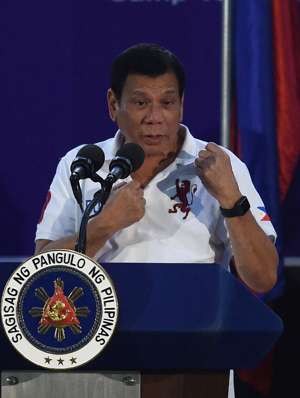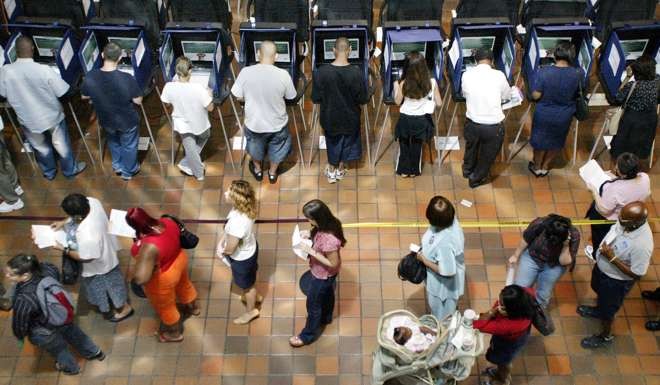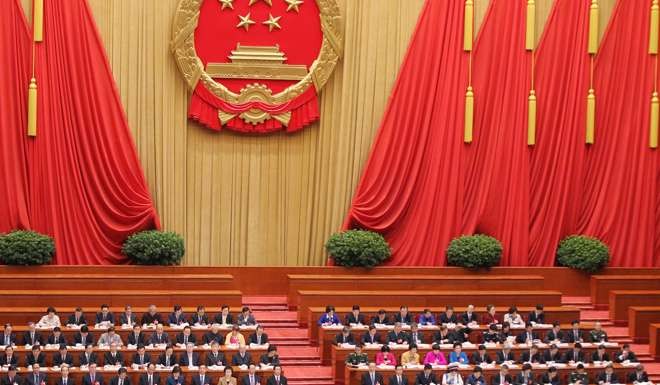
Why the popular vote treasured by fans of Western democracies is a delusional concept
Patrik K. Meyer holds up the Chinese “capillary democracy” as a stable model, saying a belief that the majority will make great choices on national leadership is just an illusion

In the past, I have refrained from questioning the soundness of the Western democratic system because I felt it was futile to challenge the deep-rooted belief that it was the best mankind could aspire to. Arguing that this system was fundamentally flawed would result in either being ignored or treated with scorn – as I was for an article on “Chinese capillary democracy”, in which I argued that Western democracies should consider changing how their leaders are elected and adopt a more professional, meritocratic and stable government similar to the one the Chinese have.
As expected, the response was predominately sarcastic and demeaning. Attempting to argue with Western-style democracy diehards about the validity of their system was in vain.
Now, with arrival on the global arena of figures such as Donald Trump and Rodrigo “The Punisher” Duterte, and pathetic presidential campaigns, some of the supporters of Western democracy might be shocked by the kind of outcome it can produce.
Hopefully, this shock will crack their rock-solid belief, allow for criticism to flow into their analysis, and make them start questioning the soundness of their treasured system.

The assessment of issues at stake when deciding who are the most capable leaders of our nations – such as how to manage globalisation or global warming in a constructive manner, how to deal with China and Russia, or whether to go to war with Iran – are far beyond the analytical reach of any individual, including those with relevant expertise.
Hoping that a numerical majority of underskilled and poorly informed individuals in a country will make brilliant choices on extremely complex issues is simply an illusion. Or a delusion. Our incapacity is illustrated by the fact that even individuals with extensive relevant expertise are incapable of reaching a consensus on the best options in domestic and international matters.
Individual experts frequently disagree and contradict each other, and reach conclusions that are diametrically opposed. As soon as the issues go beyond what individuals can sufficiently grasp and relate to, the democratic voting system is ineffective and, as a consequence, popular voting to elect the leadership of a country is fundamentally unsound. Hence, individual votes for candidates to leadership positions are not only ignorant, but can also be dangerous.

Again, I’m not saying people should not participate in political life. They should, but at a level where the individuals can make educated, intuitive, critical decisions, such as on issues affecting their local communities and electing their local leaders.
Individual votes for candidates to leadership positions are not only ignorant, but can also be dangerous
These elected local leaders should then become the foundations of a country’s governing structure, which, in turn, should be made up predominately of teams of professionals who aspire to be long-term public servants. Becoming part of the governing body of a country should be a long-term professional commitment, not just a temporal personal ambition. Furthermore, promotions within this governing system should be based on performance (meritocracy) and the support (internal elections) from government officials familiar with the work of those seeking to be promoted. And this should go all the way to the top of the country’s leadership.

Patrik K. Meyer is a visiting professor at Muhammadiyah University Yogyakarta, Indonesia, and a New America Security Fellow